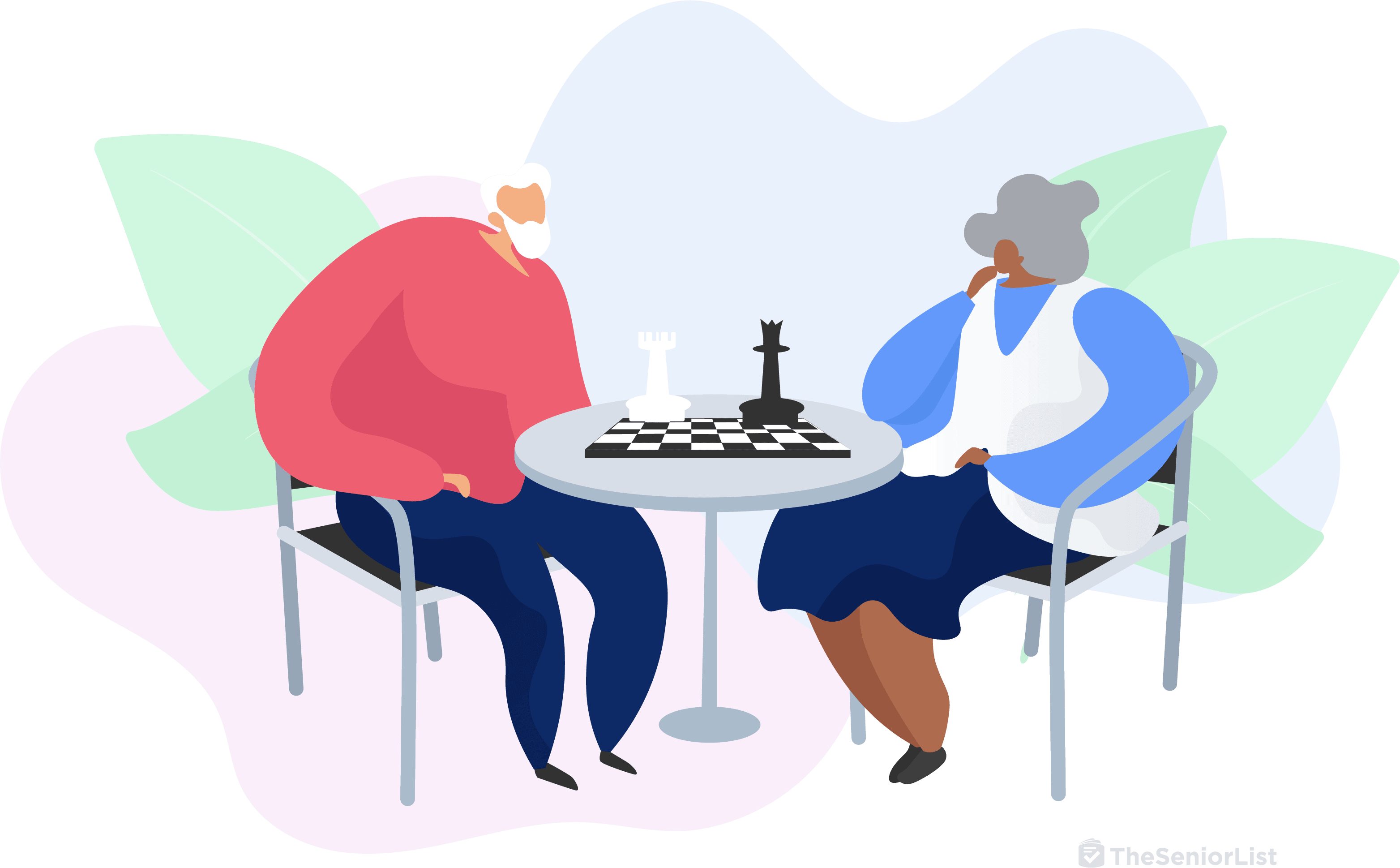What Are Activities of Daily Living? A Guide to ADLs

What are the Activities of Daily Living?
Activities of daily living (ADLs) are fundamental tasks required to care for oneself independently. These include grooming, dressing, toileting, mobility, feeding, and bathing.
Understanding the basics of ADLs can allow you to plan care for loved ones effectively. ADLs can also provide you with a glimpse at their overall well-being.
Here’s a closer look at each of them.
Transfer/Mobility
Transfer and mobility refer to one’s ability to independently ambulate. This includes standing from a sitting position, as well as getting in and out of bed. It also refers to one’s ability to walk safely from one place to another.
Regardless of the mechanical assistance needed, transfer refers to independent mobility. For example, if a person uses a wheelchair but can move and enter/exit it without assistance, then they are capable of independent mobility and transfer.
Feeding
As basic as it sounds, feeding refers to one’s mechanical ability to safely and independently feed themselves. This includes being able to safely swallow and utilize utensils independently.
For example, a person who can independently grab a bowl of soup and sip it shows they are capable of feeding themselves.
Dressing
Dressing involves being able to select clothing and put it on without difficulty. This also includes the ability to undress oneself.
For people with manual dexterity issues, zippers and buttons can pose issues. Similarly, it may be difficult for some people to lift their arms and pull a shirt over their head.
Personal Hygiene
Personal hygiene involves self-care tasks such as bathing, grooming, cutting nails, shaving, or any other measures related to hygienic maintenance. This also includes dental hygiene and the ability to brush their teeth on a daily basis without assistance.
Continence
Continence is the ability for a person to control their bladder and bowel functions. In particular, this could relate to the ability to refrain from going to the bathroom while away from home.
Toileting
Similar to continence, toileting refers to one’s ability to independently use the restroom; however, toileting also refers to one’s ability to get on and off the toilet, as well as clean oneself afterward.
Instrumental Activities of Daily Living (IADLs)
IADLs refer to a person’s ability to use their critical thinking skills to achieve more complicated tasks and make appropriate decisions. IADLs envelop a range of communicative and mechanical tasks that are often necessary on a daily basis.
Communication
Communication refers to an individual’s ability to effectively and accurately communicate with others, either in person, through a phone call, or via mail.
Transportation
Transportation refers to one’s ability to independently operate outside of one’s home. For example, shopping at the grocery store or attending doctor’s appointments would fall under transportation.
It’s important to note that transportation – while it may refer to driving oneself – could also apply to one’s ability to arrange transportation or utilize public transit.
Financial Management
Financial management refers to one’s ability to pay bills on time and intelligently manage one’s financial assets. For example, if you notice a loved one failing to pay the electric bill on time, then they might be struggling with this IADL.
Meal Preparation
While no two people prepare or procure meals in the same way, meal preparation refers to one’s ability to put food on the table. This could mean purchasing groceries and cooking from scratch, heating a microwave meal, or ordering takeout.
Home Maintenance
As the name implies, home maintenance refers to one’s ability to keep their house in a reasonably clean and working order. Taking out the trash, maintaining one’s yard, and performing minor home repairs would all indicate a person is capable of home maintenance.
Medication Management
Medication management refers to one’s ability to both obtain and properly administer medications. Issues with memory or manual dexterity often cause people to make errors with regard to taking their medications, and these errors can be fatal.
Did You Know: To learn more about medication management, check out our guide to medication management.
How to Determine Care Needs With ADLs
ADLs can be measured on a continuum, from requiring no assistance to total assistance. If you’re planning care for a loved one, you should consider each ADL and how well they can perform it.
- Requires no assistance
- A person can independently and safely perform this task.
- Requires some assistance
- A person may need help or reminders to perform this task.
- Requires total assistance
- A person is unable to perform this task without assistance.
In this fashion, you can perform an ADL assessment of your own; however, in many cases, it’s helpful to get a professional assessment. In fact, most senior care communities or home care agencies will perform one of their own.
The Importance of Assistive Technology
In many cases, preserving one’s capacity to perform ADLs is a matter of finding the right technological solutions. Walk-in tubs, medical alert devices, and other home modifications can all help prevent common injuries.
Additionally, caregivers can also prove instrumental in assistance with ADLs. To learn more about providing care for your loved ones, be sure to check out our hands-on caregiving guides:
Frequently Asked Questions
-
What are the basic activities of daily living?
The basic activities of daily living (ADLs) include eating, toileting, mobility, grooming, dressing, and personal hygiene.
-
What are the instrumental activities of daily living?
The IADLs include medication management, communication, transportation, financial management, home maintenance, and meal preparation.
-
How can I find assistance with ADLs?
You can find help with ADLs by hiring a personal caregiver or by learning the techniques for ADL assistance.
-
What technology can help with ADLs?
Hearing aids, a personal emergency response system (PERS), handrails in the shower, or screen readers may help with ADLs.
